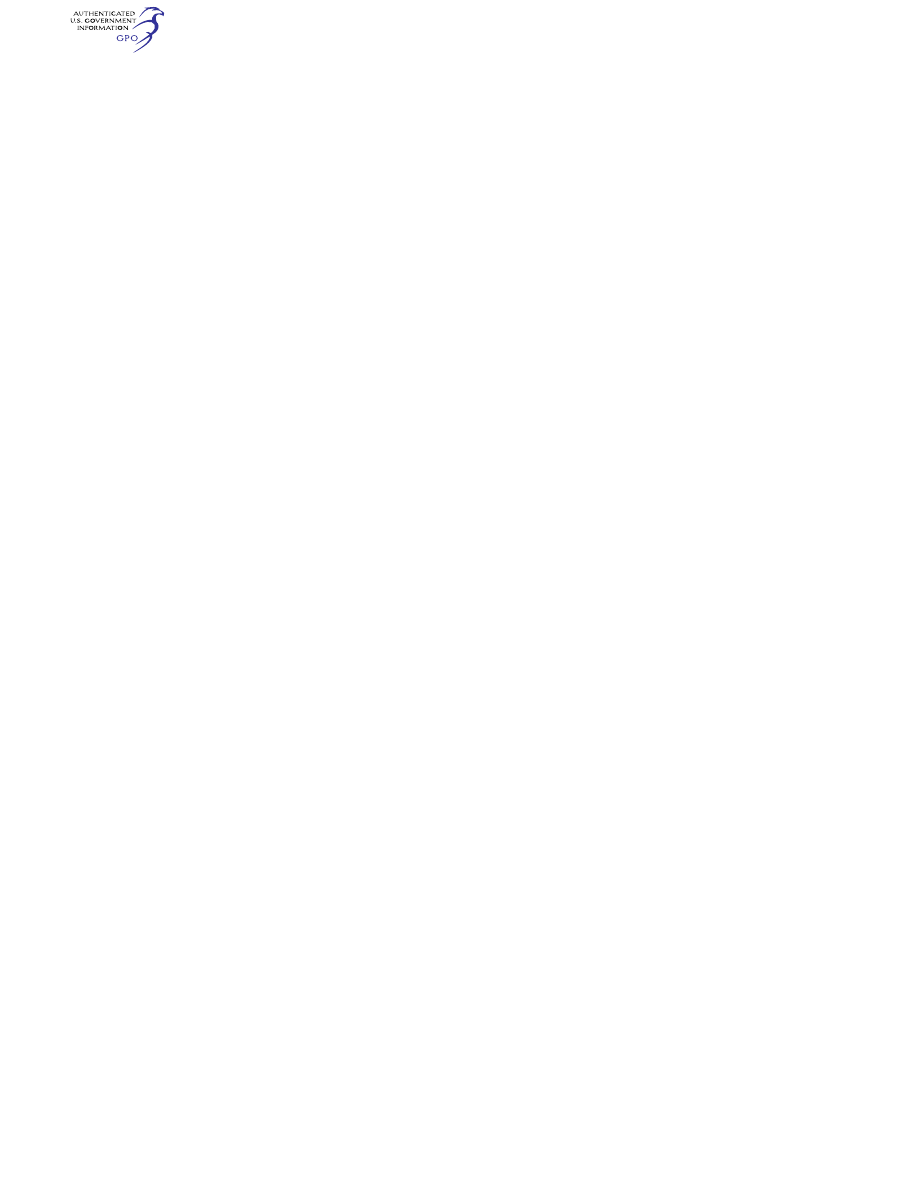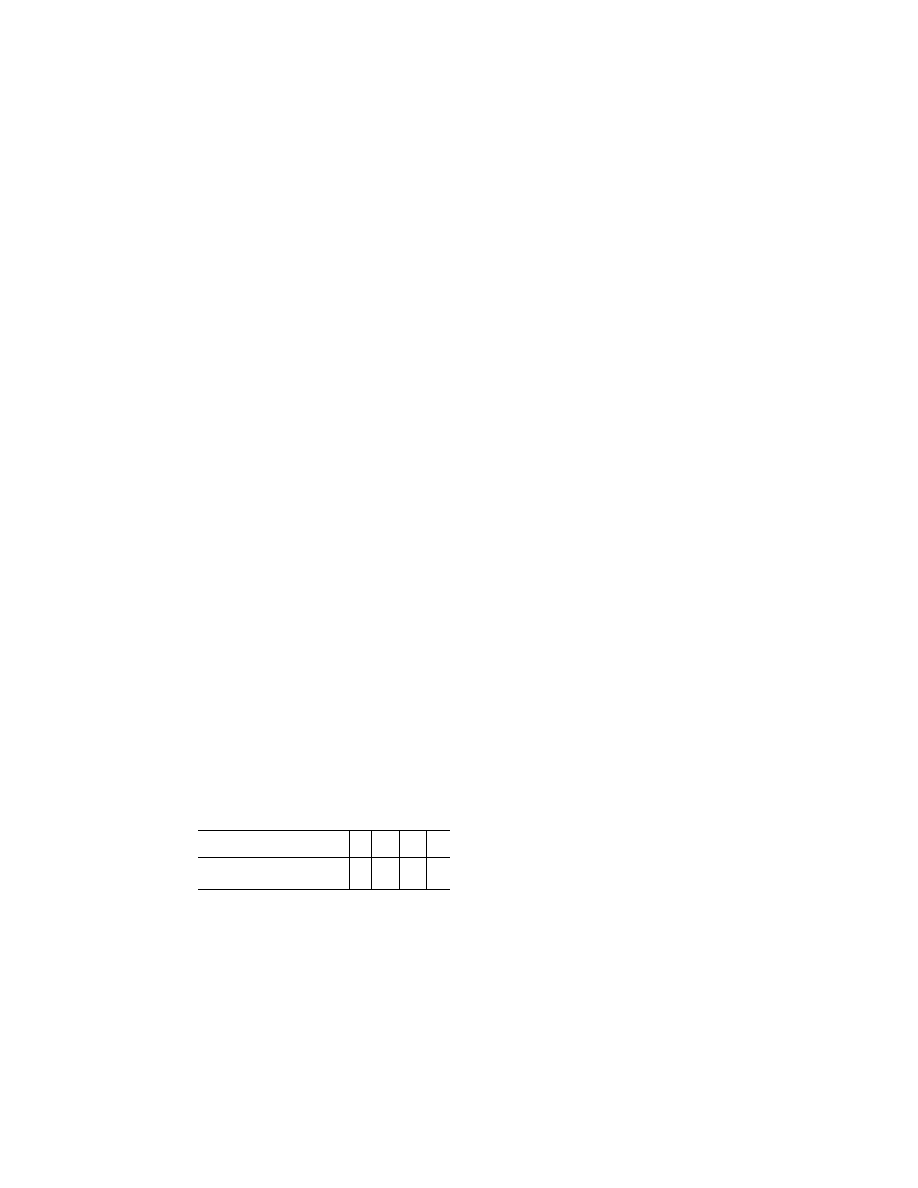
635
Federal Aviation Administration, DOT
§ 67.303
§ 67.209
Neurologic.
Neurologic standards for a second-
class airman medical certificate are:
(a) No established medical history or
clinical diagnosis of any of the fol-
lowing:
(1) Epilepsy;
(2) A disturbance of consciousness
without satisfactory medical expla-
nation of the cause; or
(3) A transient loss of control of nerv-
ous system function(s) without satis-
factory medical explanation of the
cause;
(b) No other seizure disorder, disturb-
ance of consciousness, or neurologic
condition that the Federal Air Sur-
geon, based on the case history and ap-
propriate, qualified medical judgment
relating to the condition involved,
finds—
(1) Makes the person unable to safely
perform the duties or exercise the
privileges of the airman certificate ap-
plied for or held; or
(2) May reasonably be expected, for
the maximum duration of the airman
medical certificate applied for or held,
to make the person unable to perform
those duties or exercise those privi-
leges.
§ 67.211
Cardiovascular.
Cardiovascular standards for a sec-
ond-class medical certificate are no es-
tablished medical history or clinical
diagnosis of any of the following:
(a) Myocardial infarction;
(b) Angina pectoris;
(c) Coronary heart disease that has
required treatment or, if untreated,
that has been symptomatic or clini-
cally significant;
(d) Cardiac valve replacement;
(e) Permanent cardiac pacemaker im-
plantation; or
(f) Heart replacement.
§ 67.213
General medical condition.
The general medical standards for a
second-class airman medical certificate
are:
(a) No established medical history or
clinical diagnosis of diabetes mellitus
that requires insulin or any other
hypoglycemic drug for control.
(b) No other organic, functional, or
structural disease, defect, or limitation
that the Federal Air Surgeon, based on
the case history and appropriate, quali-
fied medical judgment relating to the
condition involved, finds—
(1) Makes the person unable to safely
perform the duties or exercise the
privileges of the airman certificate ap-
plied for or held; or
(2) May reasonably be expected, for
the maximum duration of the airman
medical certificate applied for or held,
to make the person unable to perform
those duties or exercise those privi-
leges.
(c) No medication or other treatment
that the Federal Air Surgeon, based on
the case history and appropriate, quali-
fied medical judgment relating to the
medication or other treatment in-
volved, finds—
(1) Makes the person unable to safely
perform the duties or exercise the
privileges of the airman certificate ap-
plied for or held; or
(2) May reasonably be expected, for
the maximum duration of the airman
medical certificate applied for or held,
to make the person unable to perform
those duties or exercise those privi-
leges.
§ 67.215
Discretionary issuance.
A person who does not meet the pro-
visions of §§ 67.203 through 67.213 may
apply for the discretionary issuance of
a certificate under § 67.401.
Subpart D—Third-Class Airman
Medical Certificate
§ 67.301
Eligibility.
To be eligible for a third-class air-
man medical certificate, or to remain
eligible for a third-class airman med-
ical certificate, a person must meet the
requirements of this subpart.
§ 67.303
Eye.
Eye standards for a third-class air-
man medical certificate are:
(a) Distant visual acuity of 20/40 or
better in each eye separately, with or
without corrective lenses. If corrective
lenses (spectacles or contact lenses)
are necessary for 20/40 vision, the per-
son may be eligible only on the condi-
tion that corrective lenses are worn
while exercising the privileges of an
airman certificate.
VerDate Sep<11>2014
14:00 Mar 14, 2024
Jkt 262047
PO 00000
Frm 00645
Fmt 8010
Sfmt 8010
Q:\14\14V2.TXT
PC31
aworley on LAPBH6H6L3 with DISTILLER

636
14 CFR Ch. I (1–1–24 Edition)
§ 67.305
(b) Near vision of 20/40 or better,
Snellen equivalent, at 16 inches in each
eye separately, with or without correc-
tive lenses.
(c) Ability to perceive those colors
necessary for the safe performance of
airman duties.
(d) No acute or chronic pathological
condition of either eye or adnexa that
interferes with the proper function of
an eye, that may reasonably be ex-
pected to progress to that degree, or
that may reasonably be expected to be
aggravated by flying.
§ 67.305
Ear, nose, throat, and equi-
librium.
Ear, nose, throat, and equilibrium
standards for a third-class airman med-
ical certificate are:
(a) The person shall demonstrate ac-
ceptable hearing by at least one of the
following tests:
(1) Demonstrate an ability to hear an
average conversational voice in a quiet
room, using both ears, at a distance of
6 feet from the examiner, with the back
turned to the examiner.
(2) Demonstrate an acceptable under-
standing of speech as determined by
audiometric speech discrimination
testing to a score of at least 70 percent
obtained in one ear or in a sound field
environment.
(3) Provide acceptable results of pure
tone audiometric testing of unaided
hearing acuity according to the fol-
lowing table of worst acceptable
thresholds, using the calibration stand-
ards of the American National Stand-
ards Institute, 1969:
Frequency (Hz)
500
Hz
1000
Hz
2000
Hz
3000
Hz
Better ear (Db) .................................
35
30
30
40
Poorer ear (Db) ...............................
35
50
50
60
(b) No disease or condition of the
middle or internal ear, nose, oral cav-
ity, pharynx, or larynx that—
(1) Interferes with, or is aggravated
by, flying or may reasonably be ex-
pected to do so; or
(2) Interferes with clear and effective
speech communication.
(c) No disease or condition mani-
fested by, or that may reasonably be
expected to be manifested by, vertigo
or a disturbance of equilibrium.
§ 67.307
Mental.
Mental standards for a third-class
airman medical certificate are:
(a) No established medical history or
clinical diagnosis of any of the fol-
lowing:
(1) A personality disorder that is se-
vere enough to have repeatedly mani-
fested itself by overt acts.
(2) A psychosis. As used in this sec-
tion, ‘‘psychosis’’ refers to a mental
disorder in which—
(i) The individual has manifested de-
lusions, hallucinations, grossly bizarre
or disorganized behavior, or other com-
monly accepted symptoms of this con-
dition; or
(ii) The individual may reasonably be
expected to manifest delusions, hallu-
cinations, grossly bizarre or disorga-
nized behavior, or other commonly ac-
cepted symptoms of this condition.
(3) A bipolar disorder.
(4) Substance dependence, except
where there is established clinical evi-
dence, satisfactory to the Federal Air
Surgeon, of recovery, including sus-
tained total abstinence from the sub-
stance(s) for not less than the pre-
ceding 2 years. As used in this sec-
tion—
(i) ‘‘Substance’’ includes: alcohol;
other sedatives and hypnotics;
anxiolytics; opioids; central nervous
system stimulants such as cocaine, am-
phetamines, and similarly acting
sympathomimetics; hallucinogens;
phencyclidine or similarly acting
arylcyclohexylamines; cannabis;
inhalants; and other psychoactive
drugs and chemicals; and
(ii) ‘‘Substance dependence’’ means a
condition in which a person is depend-
ent on a substance, other than tobacco
or ordinary xanthine-containing (e.g.,
caffeine) beverages, as evidenced by—
(A) Increased tolerance;
(B) Manifestation of withdrawal
symptoms;
(C) Impaired control of use; or
(D) Continued use despite damage to
physical health or impairment of so-
cial, personal, or occupational func-
tioning.
(b) No substance abuse within the
preceding 2 years defined as:
(1) Use of a substance in a situation
in which that use was physically haz-
ardous, if there has been at any other
VerDate Sep<11>2014
14:00 Mar 14, 2024
Jkt 262047
PO 00000
Frm 00646
Fmt 8010
Sfmt 8010
Q:\14\14V2.TXT
PC31
aworley on LAPBH6H6L3 with DISTILLER

